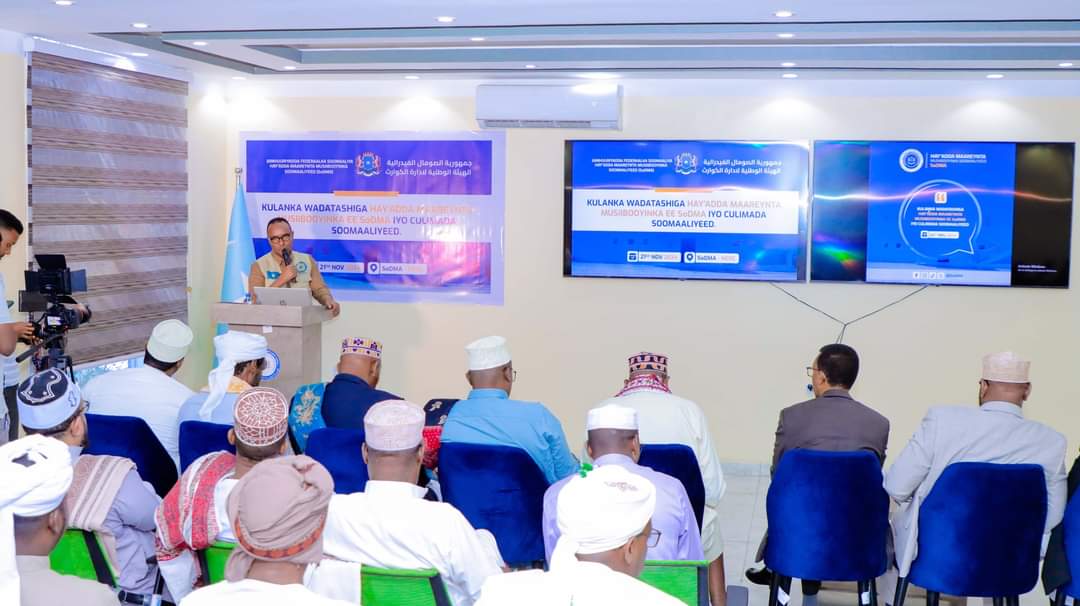Harare — Fast fashion is a significant contributor to water contamination and pollution, and has a significant negative environmental impact on the world’s water supply.
To draw attention to the rising water contamination, Yvette Tetteh, a Ghanaian activist, is swimming the roughly 500-kilometer-long Volta River, including Lake Volta, according to VOA. The country’s water systems are suffering as a result of the importation of secondhand garments to Ghana, known as “Obroni Wa-Wu.”
A company owner, activist, and athlete, Tetteh is also gathering water samples along the route to check for contamination. According her, she took on this endeavour because, based on her observations and studies, there is now a waste management dilemma, particularly with textiles.
“Looking at the number of second-hand clothing that keeps coming from the global world to Ghana, specifically Accra is alarming. In places like Kantamanto right now, they’re actually processing millions of garments of clothes and so many of those clothes are ending up as waste in Accra,” she is reported to have said.
Several African countries are major cotton producers, but in spite of this, a large part of the continent’s population depends on second-hand clothes for their fashion needs. The reasons mentioned are numerous, but the one that comes back constantly is the price factor.
Tetteh has been swimming since she was 4-years-old. Although she has always enjoyed swimming, she said that she had to put in a lot of practice to be able to swim as far as she can today.
According to the World Resources Institute (WRI), chemical dye is a key chemical culprit used in the manufacture of clothing. It is believed that textile dyeing accounts for around 20% of all global water contamination. Unfortunately, the water used to apply chemicals and dye fabrics is often then dumped back into rivers and other waterways.
Although circularity in the textiles value chain and sustainable fashion are achievable, consumers worldwide are buying more clothes than ever before and using them for shorter periods of time than ever before, discarding clothing as quickly as fashions change.
The United Nations Environment Programme (UNEP) is spearheading an initiative towards a zero waste world. In keeping with this aspirational approach, UNEP has teamed up with Kenyan spoken word poet Beatrice Kariuki to highlight high-impact industries where consumers can truly make a difference.
Plastic fibres are polluting the oceans, the wastewater, toxic dyes, and the exploitation of underpaid workers. While the environmental consequences of fast fashion are mounting, scientists argue there is another way: a circular economy for textiles, according to a UNEP report.









